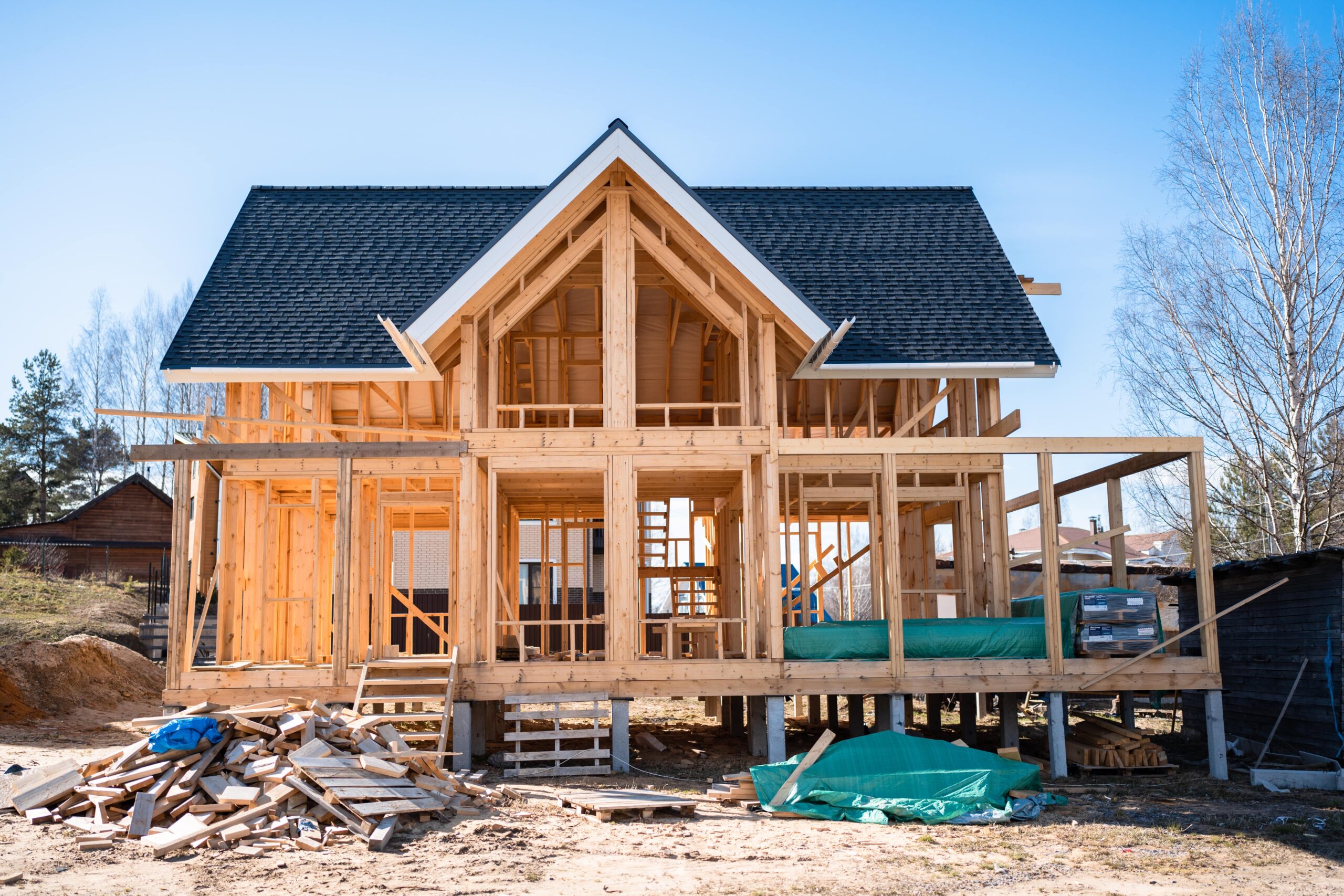It can be difficult to manage a construction project, particularly if it is huge and involves several vendors, contractors, and stakeholders. Yet, you can successfully manage your construction project and make sure that it is finished on time, under budget, and to the appropriate quality standards by using proper planning, communication, and collaboration. We’ll go over some helpful advice for running a productive construction project in this blog.

Establish Your Project’s Objectives and Goals
You must have a firm grasp on your project goals and objectives before beginning any construction project. This include deciding on the project’s goal, the expected result, the money, the timetable, and the required level of quality. Having clear project goals and objectives will aid in your focus and decision-making throughout the whole project lifetime.
Develop a Project Plan
You must create a thorough project plan after defining the project’s goals and objectives. The project timetable, budget, and resource allocation should all be included in this plan, along with all the tasks and activities needed to finish the project. The risks and problems that could possibly develop during the project should also be listed in your project plan, along with a mitigation strategy for each.
Establish Clear Communication Channels
Any construction project must have effective communication to succeed. You must develop open lines of communication with all parties involved in the project, including the team, suppliers, workers, and clients. This covers scheduled project meetings, status updates, and progress reports. A communication protocol should be established in order to manage communication and guarantee that all stakeholders are kept informed.
Hire a Competent Project Team
The success of your building project depends on a capable project team. To manage the many components of the project, you must employ experts that have the necessary knowledge, experience, and abilities. Project managers, engineers, architects, contractors, and other specialists are included in this. Make sure your project team is also motivated, well-trained, and dedicated to the project’s success.
Ensure Compliance with Regulations and Standards
Your construction project’s success depends critically on compliance with laws and standards. Including building rules, safety standards, and environmental laws, you must make sure that your project complies with all applicable local, state, and federal restrictions. Also, make sure that all work is done in accordance with industry best practices and that your project satisfies the appropriate quality standards.

Manage Your Budget Effectively
For any construction project to be successful, money management is crucial. You must make sure that your project is finished within the allotted spending limit and that all expenses are monitored and appropriately handled. This entails developing a thorough budget strategy, keeping tabs on every spending, and controlling budget adjustments. A backup plan should be created in case additional costs or modifications to the project’s scope arise.
Monitor Progress and Performance
For a construction project to be successfully managed, performance and progress must be closely monitored. To monitor the project’s progress and make sure it is on pace to fulfil the targeted timeframe and quality criteria, you must set key performance indicators (KPIs). Also, you should set up a system for tracking performance and recognising any problems or difficulties that can emerge throughout the project.
Manage Risks and Issues
The success of your building project depends on how well you manage risks and problems. Develop a mitigation strategy for each of the potential risks and hazards that could arise during the project. Also, you should create a mechanism for dealing with any problems that may come up throughout the project, and make sure that all parties involved are informed and actively participate in the resolution procedure.

Ensure Safety and Security
For a construction project to be managed successfully, safety and security must be guaranteed. You must make sure that your project complies with all safety laws and that every employee has a safe place to work. Also, you want to put in place a system for handling security and guarding against theft for your project.
